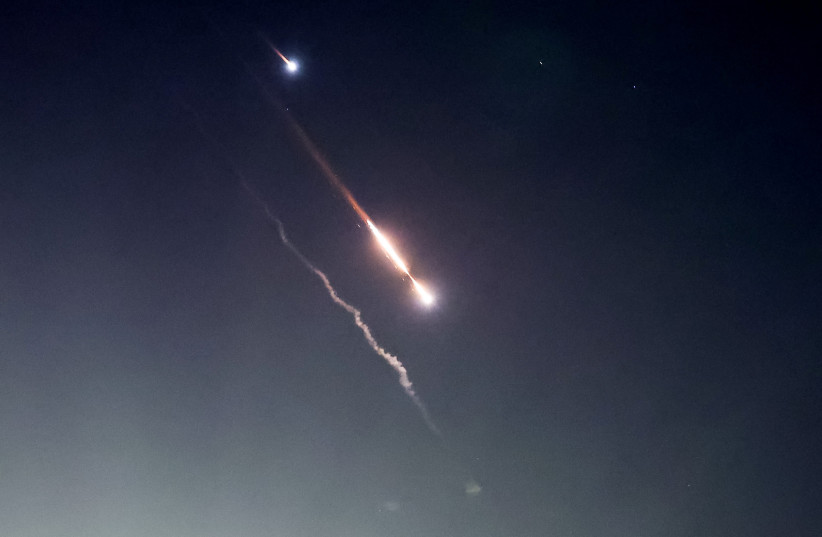Iraq has denied firing missiles or launching drones at Israel in tandem with Iran's heavy barrage attack on Saturday, CNN reported on Wednesday.
Israel has claimed that some of the missiles were launched from Iraq. However, Prime Minister Mohammed Shia al-Sudani denied these allegations. "It was not proven to us through the military reports we've received that any missiles or any drones were launched from Iraq," al-Sundani said.
The Prime Minister added that their position remains unchanged regarding Iraqi involvement in the conflict: "We do not allow any non-governmental body to use Iraq to bring it back into the battle." He further said that they "have been taking the legal procedures to keep Iraq safe and to distance Iraq away from the conflict arena."
Iran's attack

The unprecedented attack on Israel by Iran on Saturday came as retaliation for an alleged Israeli airstrike in Damascus where several of Iran Revolutionary Guard Corps (IRGC) commanders were killed. Despite Israel never taking responsibility for the attack, Iran quickly placed the blame on the Jewish country and vowed revenge.
On Saturday, Iran launched hundreds of drones and missiles, most of which were downed before reaching Israeli territory. However, a young girl was critically wounded, and widespread speculations on further escalation were plenty.
In addition to Iran's launches, there were reports of missiles and drones being launched from Yemen and other countries around the region. The IDF has reported that the attack consisted of over 300 threats, of which 100 were ballistic missiles launched from Iran. Another 30 cruise missiles were launched from the Islamic Republic, along with drones. There were also two rounds of rockets, around 40 total, fired on Israel from Lebanon, with Israel responding with counterattacks in close to real-time.
